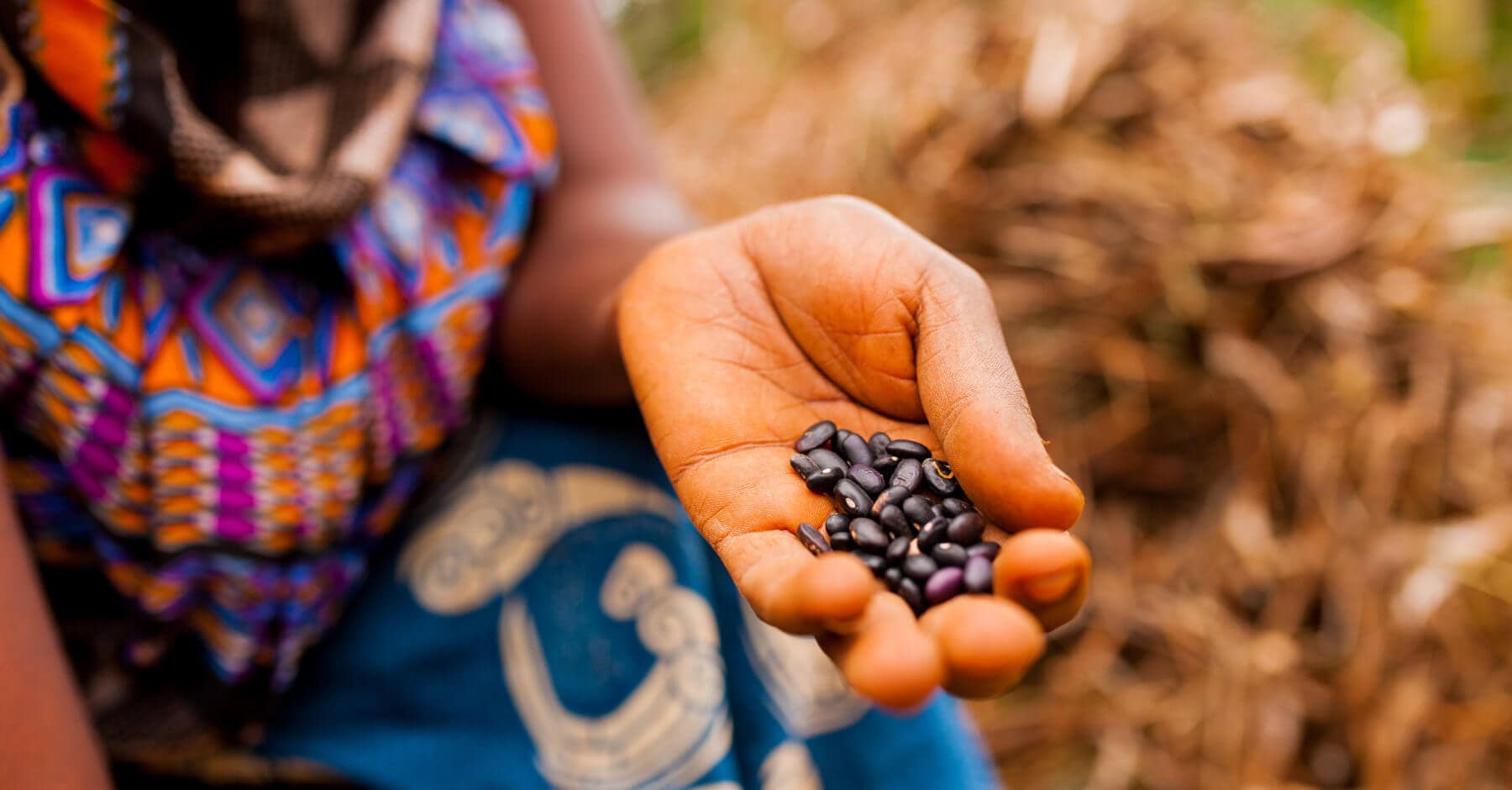Jersey’s overseas aid programme has been transforming lives in the world’s poorest countries since 1968, and the half-century of experience it has built up is proving increasingly useful for the Island’s fast-growing impact investment sector.
Jersey Overseas Aid (JOA) has long understood that if you don’t measure something you can’t improve it, and has become adept at analysing the impact of its activities on households, communities and even countries.
Its portfolio of projects may be modest – about £25m worth of ongoing interventions – but it is increasingly concentrated on three high-impact themes, all of which also have high potential for private-sector investment in developing markets.
The fact that the three areas are already fields in which Jersey has substantial proficiency means we can add even more value, deploying Jersey expertise internationally and serving as a nucleus for philanthropy and impact investment.
JOA Priorities
Dairy for Development
A programme which focuses on boosting incomes and improving nutrition by enhancing dairy production techniques, strengthening value chains and improving animal genetics for low-input farmers. In addition to individual projects, many of them implemented by the Royal Jersey Agriculture and Horticulture Society, we are establishing a Jersey Gene Bank to boost milk yields in developing countries by promoting crossbreeding of native breeds with Jersey cows.
Financial Services for the Poor (Financial Inclusion)
A programme which tackles poverty, and encourages economic growth and employment, by bringing financial services such as micro-credit, micro-savings and micro-insurance to poor communities and marginalised groups. JOA’s joint £8m project with Comic Relief in this field (‘Branching Out’) is already helping almost 1 million people in Sierra Leone, Rwanda and Zambia to access such services, as well as building the capacity of policy-makers and private firms.
Conservation Livelihoods
A programme which concentrates on the link between human development and environmental protection, in particular in vulnerable ecosystems under threat from population growth, habitat destruction and changing weather patterns. Projects aim to establish or strengthen a virtuous circle of human wellbeing and habitat or species conservation, underpinned by a system of sustainable livelihoods.
Meeting the UN’s sustainable development goals will require unprecedented levels of cooperation between donors and the private sector. Jersey’s long experience of effective and sustainable international development complements ever more closely it unique position as a conduit of capital into developing countries.
“Just like good investing, good Development donorship demands persistence and proficiency, informed and empirical decision-making, and a thorough understanding of risk, capabilities and good practice. And as finance and philanthropy increasingly overlap, these attributes enable JOA to help cement Jersey’s position as one of the world’s most attractive jurisdictions for doing good with one’s money.”
– Carolyn Labey, Minister for International Development
